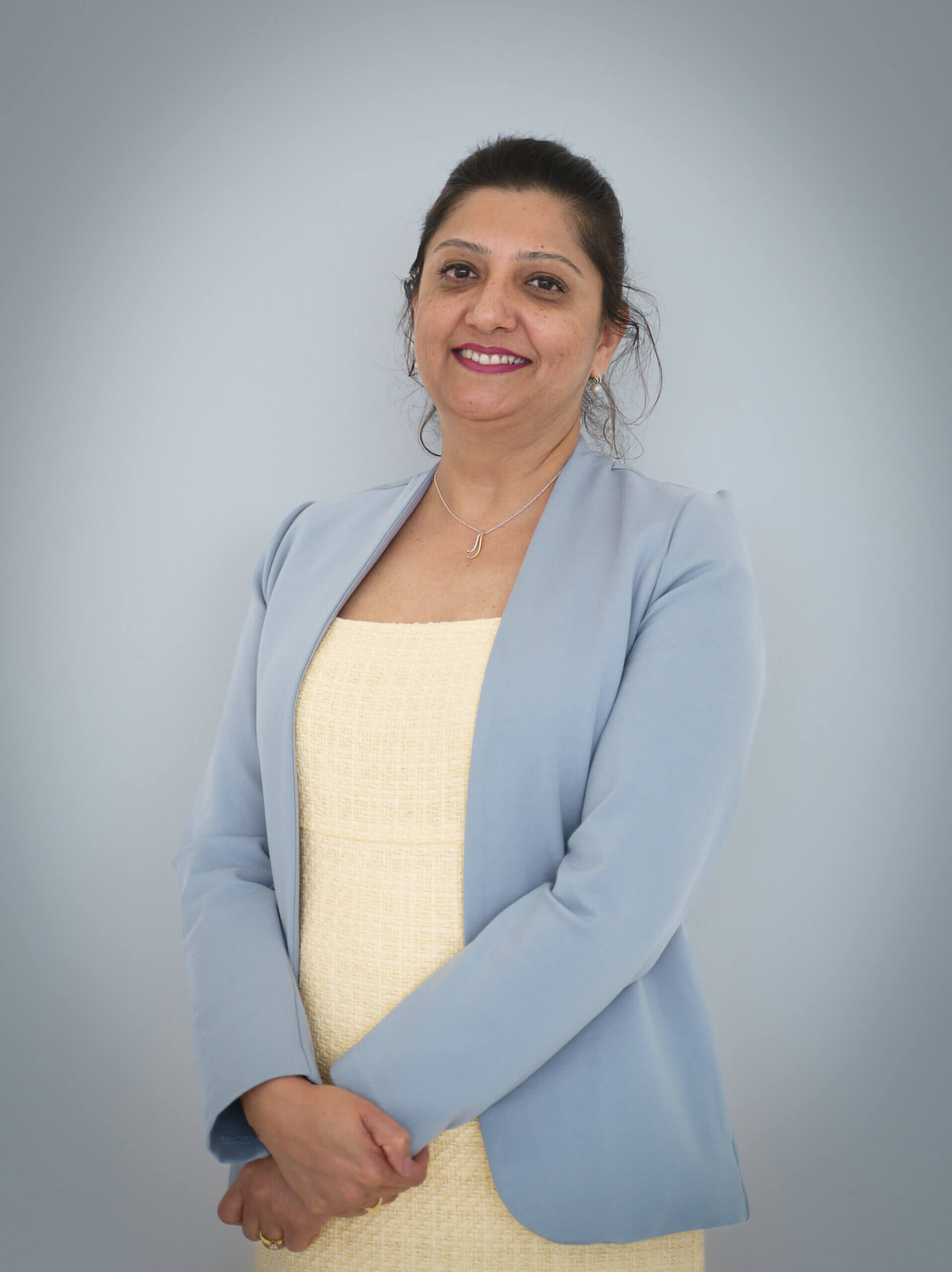Pediatric endocrinology is a medical subfield that focuses primarily on the endocrine system in children and is responsible for creating and controlling hormones. It deals with disorders of the endocrine glands in children, including disparities in physical growth, sexual development, and diabetes.
The pediatric Endocrinology clinic at King’s is led by a multidisciplinary team of experts who specialise in pediatric endocrine disorders and other complications related to conditions such as diabetes. The team utilises evidence-based medicine to diagnose, treat, and manage these conditions using the latest diagnostic advancements and holistic approaches in state-of-the-art facilities.
Common Endocrine Disorders in Children
- Diabetes
- Thyroid disorders
- Early onset of puberty
- Delayed puberty
- Growth disorders
- Turner syndrome
- Tumours
- Hypoglycaemia
Diabetes in Children
Types of diabetes in children are similar to those in adults, however, psychosocial problems vary and may complicate the treatment.
The most common type of diabetes in children is Type 1 diabetes, which accounts for two thirds of new cases. It is one of the most frequent chronic childhood diseases, occurring in 1 in 350 children by age 18, with the number increasing particularly in children under the age of 5. Although type 1 diabetes can occur at any age, it usually manifests between the ages of 4-6 years, or 10 and 14 years. Type 2 diabetes is less common, and typically manifests after puberty between the ages of 15 and 19 years.
Symptoms of Type 1 Diabetes in Children
- Increased thirst
- Frequent urination
- Extreme hunger
- Sudden unexplained weight loss
- Fatigue
- Irritability or behaviour changes
- Fruity smelling breath
- Blurred vision
Diagnosis of Diabetes in Children
Diabetes in children may be diagnosed with the presence of classic symptoms of diabetes and blood glucose measurements. These measurements include random plasma or fasting plasma glucose. Fasting is defined as going nil-by-mouth for at least 8 hours or more.
An oral glucose tolerance test is not required and should not be done if diabetes can be diagnosed by other criteria. When needed, the test should be done using 1.75 g/kg glucose dissolved in water. The test may be helpful in children without symptoms or mild atypical symptoms and may be useful in suspected cases of type 2 or monogenic diabetes.
The HbA1c criterion is typically more useful for diagnosing type 2 diabetes, and hyperglycaemia should be confirmed.
Treatment for Endocrine Disorders in Children
- Type 1 diabetes: Insulin, which must be taken daily
- Type 2 diabetes: Often linked to obesity and may be controlled with diet, exercise, and weight loss. In some cases, oral medication or insulin injections may be required
- Childhood obesity: Diet, exercise, and occasionally medicine can help children to get their weight under control and maintain it
- Growth hormone deficiency: Cases of GHD can be treated with the use of synthetic growth hormone under the supervision of a pediatric endocrinologist



